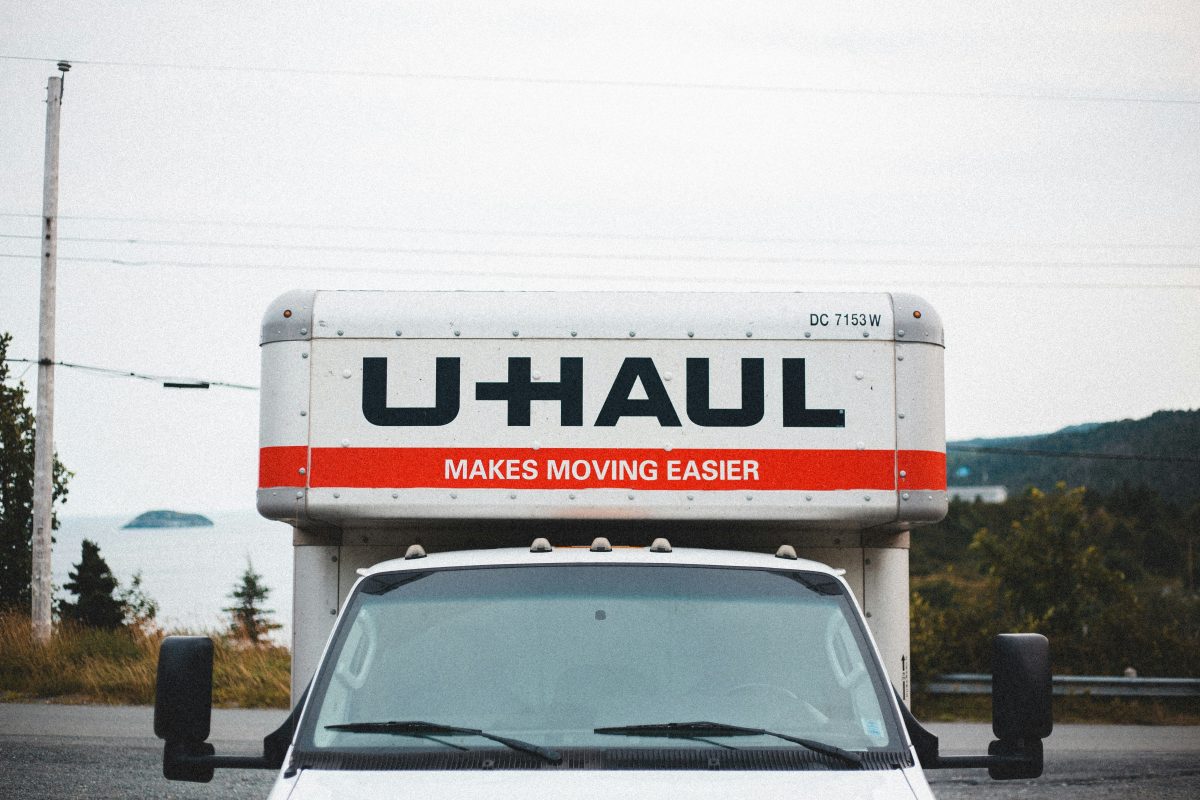Last Updated on November 11, 2025 by teamobn
Relocating to a new town marks a significant chapter in anyone’s life. Whether it’s for a job opportunity, a change of scenery, or just a fresh start, moving doesn’t just involve packing boxes and arranging furniture—it’s about adjusting to a new environment, establishing routines, and setting up a space that will help you thrive.
Unfortunately, many people dive into relocation without a clear strategy, which can lead to frustration and disappointment. To avoid this, we’ve crafted this strategic guide to help you make a successful move and ensure that your new home is exactly what you’re hoping for.
Contents
1. Start With Your Lifestyle Needs
Before you even think about browsing homes, take a step back and think about your lifestyle. Moving to a new town means adapting to a new environment, and it’s crucial that your new space fits your personal needs and desires. Start by asking yourself some key questions:
- Location vs. Commute: Are you willing to drive for convenience, or would you prefer to live closer to work or social hubs, even if it means smaller or more expensive homes?
- Neighborhood Preferences: Do you want a peaceful, suburban area, or are you craving the hustle and bustle of an urban center? What about proximity to schools, parks, or entertainment venues?
- Family and Pets: Are you planning to start or grow your family soon? Is it important to be near daycare centers, playgrounds, or pet-friendly spaces?
- Health & Wellness Needs: Do you prioritize living near hiking trails, gyms, or yoga studios?
Once you know what’s important to you, start compiling a “wishlist” for your new town. This helps focus your home search and ensures that you’re not just finding any property—but one that truly complements your lifestyle.
2. Do Your Research, but Trust Your Gut
It’s easy to get lost in the details—crime rates, school rankings, commute times—but remember: your new town is not just a set of statistics. It’s a community, and part of your success in relocating will come from how well you connect with it. Start with research — use online tools like real estate platforms, city guides, and local forums to get a sense of what different neighborhoods offer.
However, after the research is done, it’s time to trust your instincts. If possible, take a trip to your potential new town to see it firsthand. Visit during different times of the day to get a feel for how it changes. Is it quiet and peaceful during the day but loud and busy at night? Are there noisy neighbors, or is the area charming and friendly? Walking the streets, talking to locals, and seeing the town with your own eyes can reveal nuances that you simply can’t find online.
3. Budget Beyond the Mortgage
A new town often comes with new costs. It’s important to factor in all potential expenses when creating your moving budget. These costs go beyond just purchasing your home or renting an apartment. Consider the following:
- Moving Costs: Depending on how far you’re moving, costs can range from hiring professional movers to renting a truck or shipping your belongings. Include packing materials, fuel, and any temporary storage fees.
- Utility Transfers and Deposits: When relocating to a new town, don’t forget about connecting or transferring utilities (electric, gas, internet). Some providers may require deposits or installation fees.
- Home Repairs and Updates: Even if you’re purchasing a newly built home, it’s possible that you’ll need to make minor repairs or updates once you settle in. Factor in the cost of any paint jobs, furniture, or remodeling projects you want to tackle.
- Lifestyle Adjustments: You might find that the cost of groceries, restaurants, or even transportation changes in your new town. These factors can add up quickly if you don’t budget accordingly.
Pro Tip: Now might be a good time to reassess your banking needs. Many banks offer special promotions or incentives for new customers, such as a checking account bonus. Look into local branches in your new town that may offer sign-up bonuses for opening a checking account. This could be a great way to get some extra cash to help you settle into your new home. Just make sure to meet any required conditions, such as setting up direct deposit or maintaining a minimum balance.
4. Leverage Local Knowledge: Work With Experts
No one knows a new town better than the locals, so don’t hesitate to enlist help. Consider partnering with a local realtor who knows the ins and outs of the area. A knowledgeable agent can guide you through the local market, point out rising neighborhoods, and provide insights into community amenities. They’re your go-to resource for understanding the local market trends and ensuring that you get the best deal.
Another great resource? Local forums or social media groups. Facebook and Reddit have thriving communities for almost every city, where people share their favorite hidden gems, tips, and advice. These communities can provide real-world experiences and practical advice, such as where to find the best movers, which neighborhoods are best for young professionals or families, and what to expect in terms of day-to-day living.
5. Take Your Time to Settle In
Don’t rush the settling-in process. After the boxes are unpacked, you may feel like you should immediately dive into your new routine, but give yourself some time to adjust. Your new home and neighborhood will reveal themselves slowly, so take the first 30 to 60 days to explore your surroundings and figure out what works for you.
- Explore the Community: Take time to visit local parks, cafes, shops, and restaurants. Talk to neighbors and get familiar with the area. This is also a great time to meet new people and start establishing friendships or networks.
- Evaluate Your Commute: Once you’ve moved in, live your normal day-to-day life to see how the logistics play out. Does your commute take longer than expected? Are the nearby amenities what you hoped for? Understanding the full scope of your day-to-day experience will help you make adjustments early on.
6. Prepare for the Emotional Transition
Let’s face it: moving is a lot of work. You can ease the stress of the physical move by setting out a comprehensive packing checklist. Prepare box labels well in advance specifying where the contents will go in your new home… kitchen, master bedroom, laundry etc.
But the move can take an emotional toll as well. Even if you’re excited about the move, there’s always an element of homesickness that comes with relocating. You’re leaving behind old friends, familiar routines, and a place that once felt like home.
To ease the emotional transition:
- Stay Connected: Schedule regular calls with friends and family back home. Social support is critical, especially during the first few weeks.
- Be Patient: Give yourself permission to take your time. It’s okay if things aren’t perfect immediately, whether it’s your home décor, your daily routine, or your social circles.
- Embrace the Newness: View this as an opportunity for growth. Moving to a new town often means stepping outside your comfort zone. Use this time to try new things, meet new people, and challenge yourself in new ways.
Final Thoughts: Embrace the New Adventure
Relocating to a new town is a big decision, but with a thoughtful approach, it can lead to an exciting new chapter in your life. Start with understanding your lifestyle needs, do your research, and don’t forget to account for all of the new costs that come with a move. Keep your expectations flexible and give yourself the time you need to adjust.
Remember, the journey isn’t just about finding a house—it’s about finding a community where you can truly thrive. With these strategies, your relocation can feel less like a task and more like the beginning of something exciting and fulfilling.






